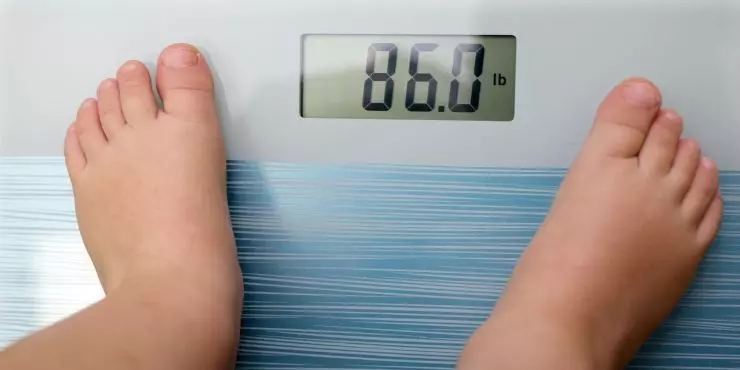
Discussing healthy weight for children can be challenging as there is no “one size fits all” approach to children and their weight. Every child is unique, and they should be treated that way. By having your child see their primary care physician regularly, topics like this can be discussed in detail. Your physician can then make the best recommendations for your child as they fully understand who they are, their health status, and what’s best for them.
What is a Healthy Weight for Children?
While this is a debatable topic, there are some generalized recommendations. BMI (body mass index) may be an excellent place to start. This measurement considers height and weight to determine if someone is within a healthy weight range. This measurement is an indirect measurement of body fat. Children are unique in that they are still growing, and therefore their BMI should be put into a growth chart. We also use a similar, but slightly different evaluation on growth charts which plots the weight for their height.
If you determine your child is considered overweight or obese for their age and developmental stage, it’s essential that you discuss your concerns with your doctor before taking any action. Dieting for children is never recommended. Placing your growing child on a restrictive food plan can lead to lifelong issues with food and affect their growth.
If your child’s weight is considered healthy on the growth curve, but you have concerns about their eating habits you should contact their primary care physician.
How to Help Manage my Child’s Weight
A restrictive food diet is not advised. However, there are things you can do to keep your child and your entire family healthy.
Tips for creating a healthier household:
- Get the whole family to eat their veggies – every meal, try to include a non-starchy vegetable
- When craving sweets, opt for fruits
- Make movement part of your family’s “norm” – plan for a daily walk, bike ride, or trip to the park
- Limit screen time (computers, television, phones, etc.)
- Find interests and hobbies that get you off the couch, like interactive video games that get you moving
- Healthy switches – try to swap out junk food for healthier alternatives
- Get sugar-filled beverages out of the house
- Make sure everyone is getting enough sleep
Regular Check-Ups Matter
Helping your child maintain a healthy weight is just one of the many issues your primary care physician can help with. Be sure you take your child and your entire family in for their regular checkups.